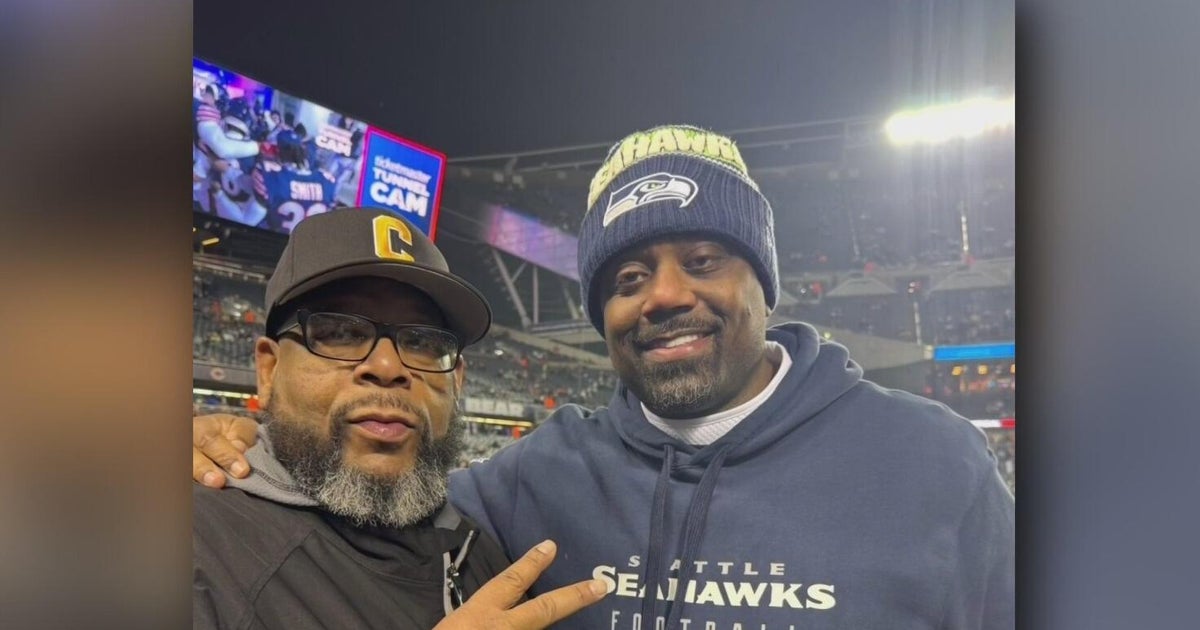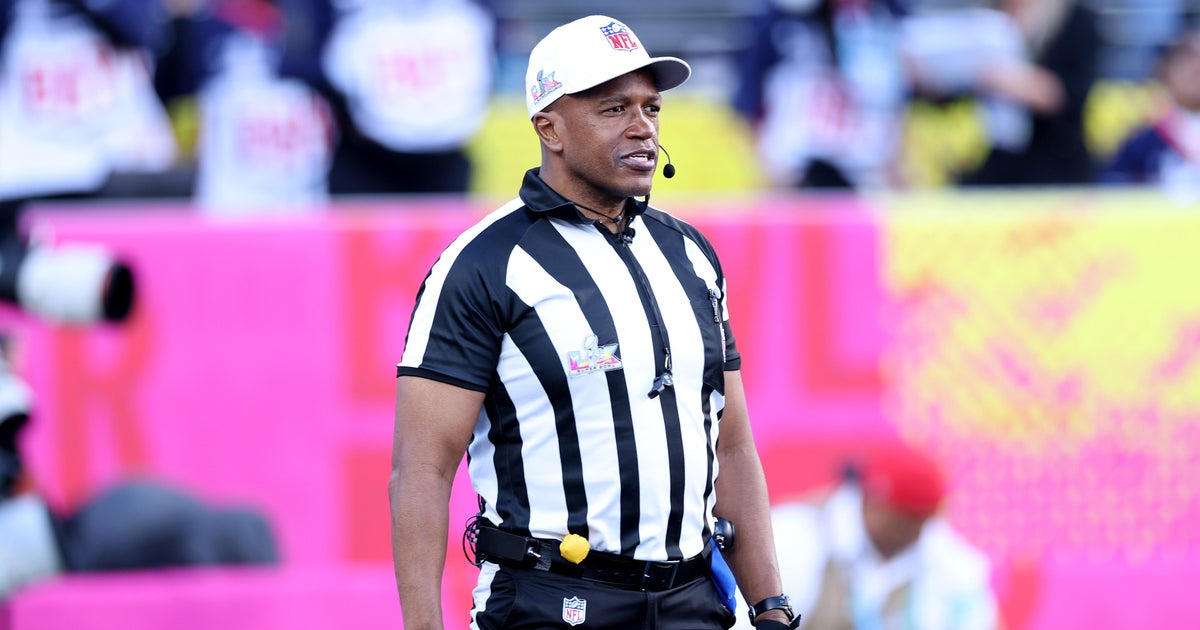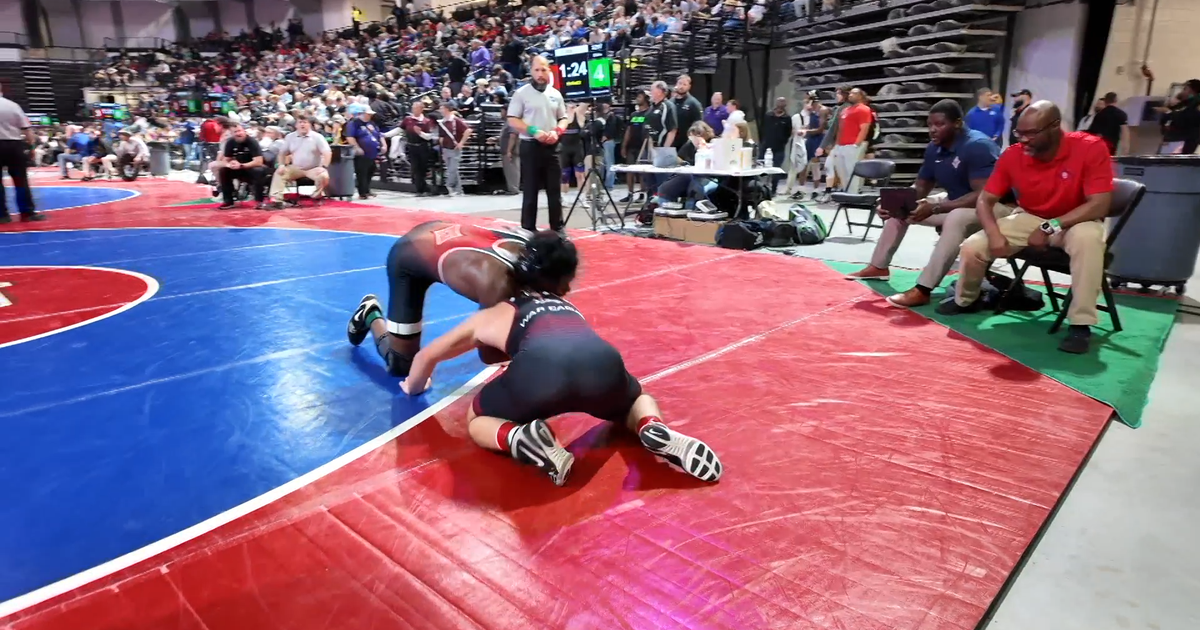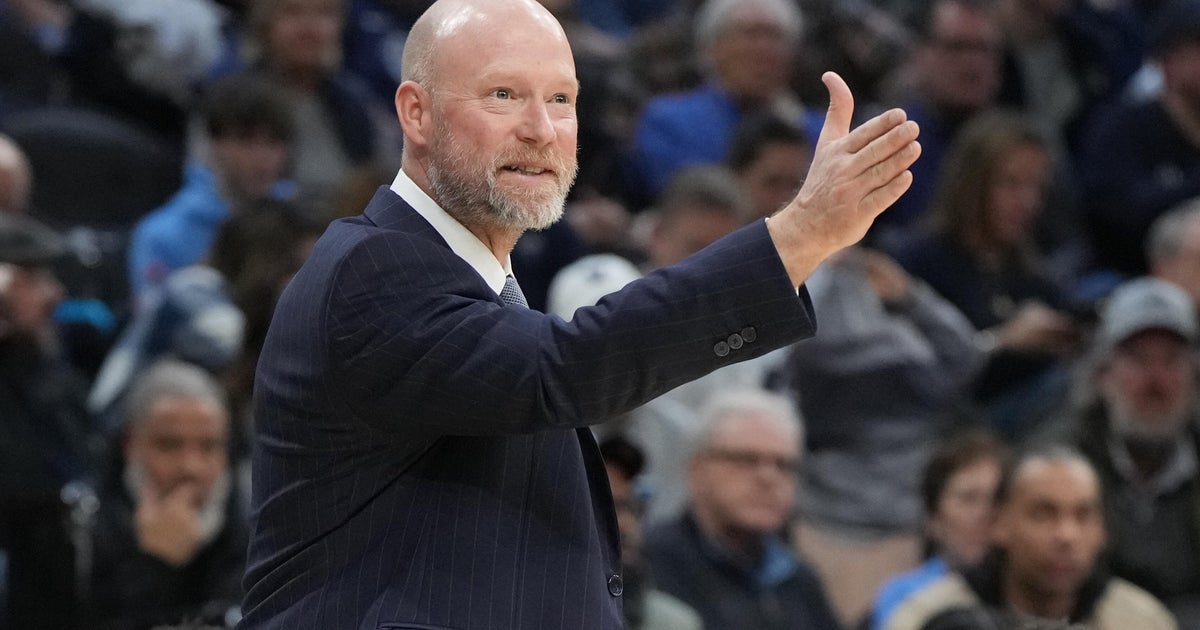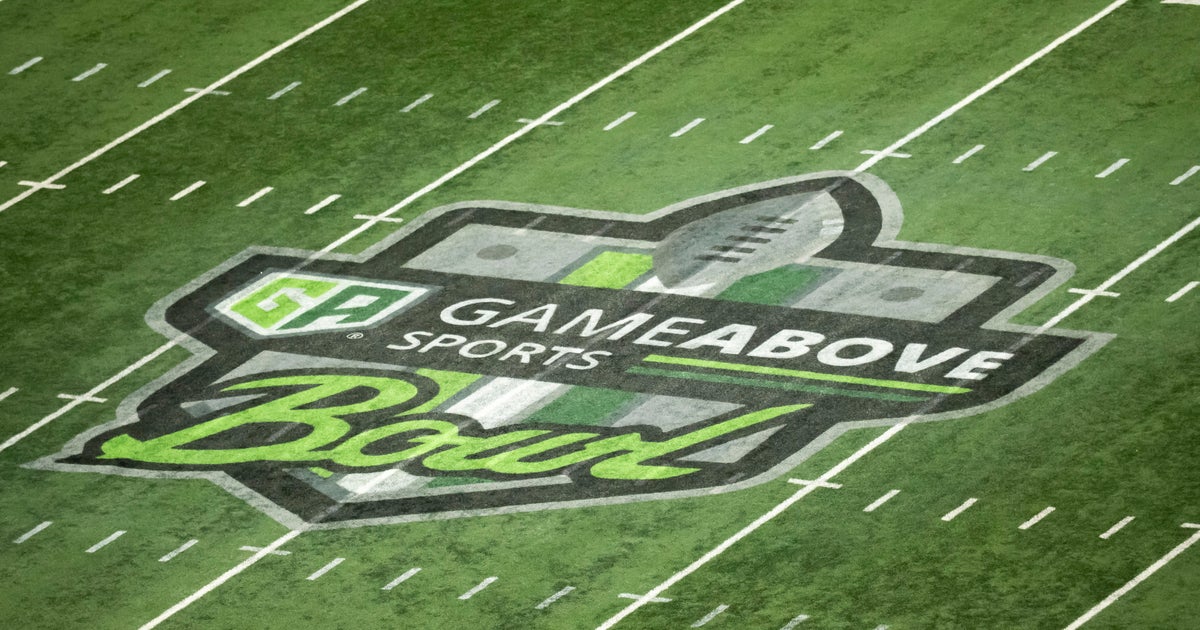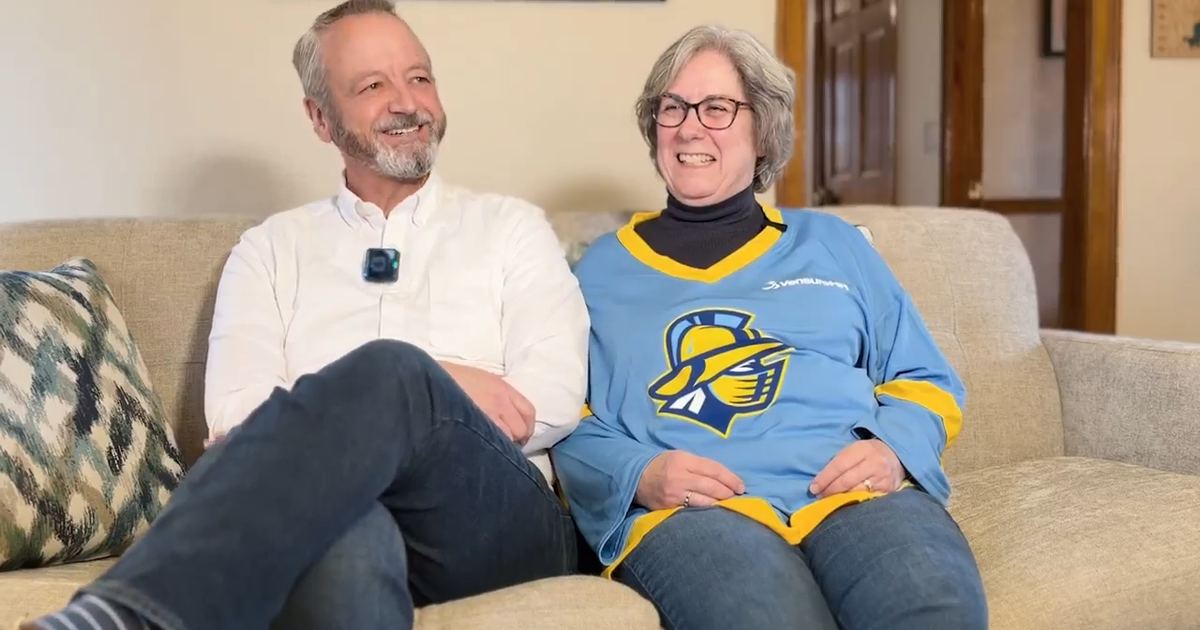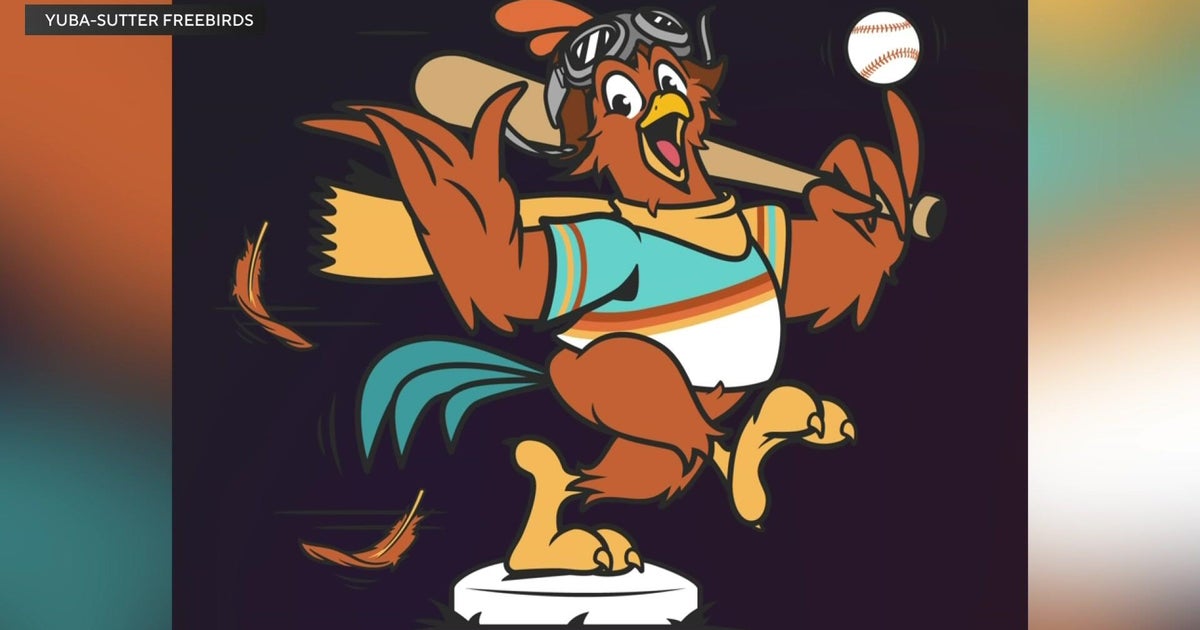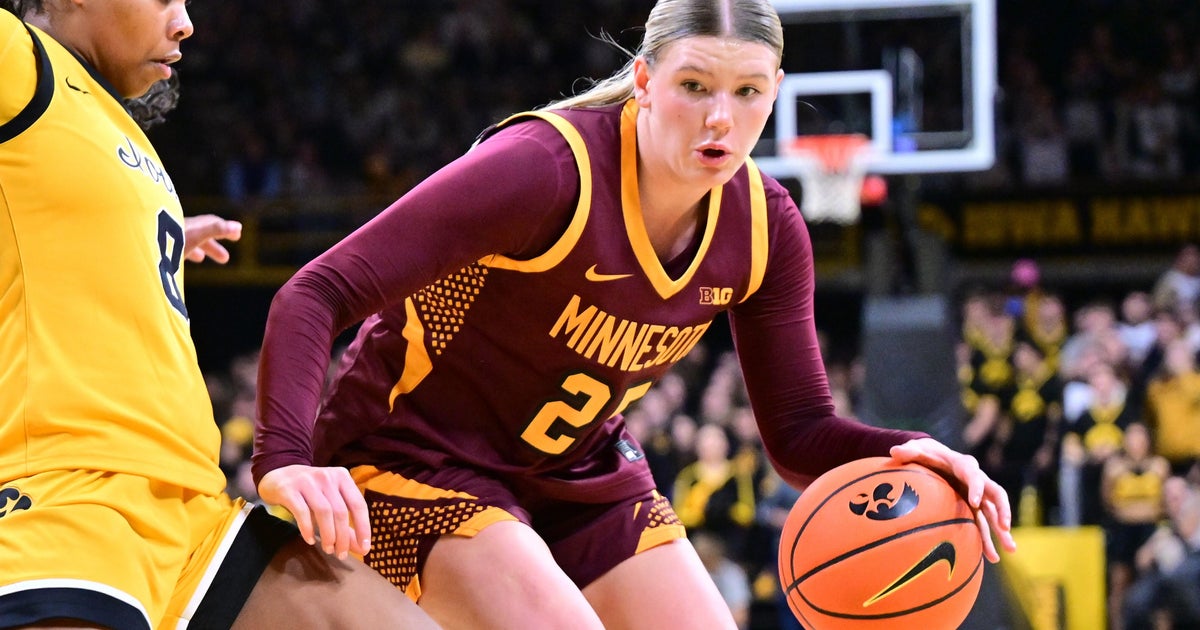Hurley: Please, NFL, Don't Adopt College Overtime Rules
By Michael Hurley, CBS Boston
BOSTON (CBS) -- You know, here in New England, where the football team wins more often than not, people can get annoying. We know that. We understand that. It's only natural.
Fans get sick of it. Media members get sick of it. Heck, even the director of the Federal Bureau of Investigation had to admit before Congress on Monday afternoon that he just can't stand those danged New England Patriots.
It's a situation that creates a complex situation, one where certain feelings might not always be in line with what's actually taking place in the world. One such feeling is that as soon as the Patriots do something that helps them win a game or a championship, other members of the NFL get to work quickly to change the rules. This happened back when Bill Polian pressured the league to change rules with regard to contact between defensive backs and wide receivers in order to give his Colts a better change against the physical Patriots defense. It happened when Bill Belichick exploited a straightforward rule about eligible receivers. It happened with something so seemingly innocuous as practice jerseys without numbers. It's seemingly happening now, with a push to ban the leaping of the line on blocked kick attempts -- something that had been going on for years before the Patriots got in on the action on a Monday Night Football game and the Super Bowl this year.
And now, with the NFL's competition committee in the midst of its offseason meetings, another change may be on the horizon. And it has to do with overtime. The committee is considering shortening overtime periods to 10 minutes instead of 15 minutes in the regular season and preseason. That news, honestly, is not a major deal.
But according to ESPN's Jim Trotter, several NFL head coaches have expressed a desire for the potential adoption of the college overtime system.
The startling part of this development came when 49ers owner Jed York expressed support for the idea.
York is not a member of the competition committee, yet it is the owners who make the deciding votes after the competition committee presents a proposal. So the idea of the NFL adopting the college overtime system, while not necessarily imminent, is as real as it has ever been.
And though the NFL has made innumerable changes over the years -- some great, some terrible, many in between -- this is one that simply should not be made.
But first, there is the coincidence that the discussion is taking place after the Super Bowl went to overtime for the first time in its 51-year history. It just so happened that the Patriots were the champions in that game, and it just so happened that the Falcons were unable to make a play on defense and thus never possessed the football in that overtime. And it just so happens that the chairman of the competition committee is Rich McKay, the president and CEO of the Falcons.
(We'll give you a minute to catch your breath.)
(That McKay is still allowed to lead the competition committee despite his being punished for the Falcons' piping in of crowd noise is a preposterous story. A preposterous story for another day, but a preposterous story nonetheless.)
But leaving aside the fact that a drastic change to overtime would potentially be a gross overreaction to one game, there is another issue. Mainly, the college overtime system is not football.
Football, you see, consists of three distinctly important phases. There is, of course, offense. It is what sells tickets and generates fantasy points and creates highlights on the television. It is quite popular, but it is not the only part of football. There is still defense, which used to mean something. And there is still special teams, an element of the game that has a knack for impacting outcomes in very unique ways.
Adopting a college rule eliminates so much of defense and special teams that it's almost not worth playing the overtime at all.
(For those who might now know, the college overtime rule places the ball at the offensive 25-yard line and gives Team A a chance to score. Team A either scores 0, 3, 6, 7 or 8 points. Team B then gets the ball at the offensive 25-yard line with an equal chance to score. If Team B scores the same number of points as Team A, then the game goes to a second overtime. If Team B scores less than Team A, then Team A wins. If Team B scores more, then Team B wins. Hooray.)
The "appeal" of the college overtime rule, as York referenced in his tweet, is that it is more equitable -- at least, it is believed to be more equitable to those who believe that football only consists of offense. You hear often after an overtime loss that a certain team "never had a chance" to win the game because it "never had the football."
This is a patently absurd line of thinking, and frankly it must be stopped.
Take Super Bowl LI for example. The Patriots started at their own 25-yard line following a touchback. A touchdown would win the game. A field goal would put the ball back into the hands of Matt Ryan and the potent Falcons offense. The Atlanta defense knew what it needed to do.
Yet, on second-and-4 from the 31-yard line, Tom Brady threw a picture-perfect pass to Danny Amendola on the right side of the field for a gain of 14 yards. For the Patriots, it was simply remarkable execution.
On the very next play, from the 45-yard line, Brady looked left. Chris Hogan was covered tightly by Jalen Collins, but the former lacrosse player drove back toward the line of scrimmage on the comeback route, enabling him to make the catch and turn it into an 18-yard gain. A lazier route would have led to either a pass breakup for Collins or perhaps even an interception -- and, really, maybe a pick-six. But instead, Hogan's focus and hard work led to a huge gain.
The Atlanta defense then did make a play, stopping James White for a loss of three. But on second-and-13, Brady threw an absolute dart to Julian Edelman over the middle of the field, perfectly in stride, for a gain of 15.
The Patriots then ran some misdirection to spring White for a gain of 10 on the right side to pick up another first down. And it was then that the Falcons went into man coverage across the board, with defensive coordinator Richard Smith leaving De'Vondre Campbell in a one-on-one matchup with Martellus Bennett which the Atlanta linebacker never had a chance of winning.
Campbell, unsurprisingly, committed pass interference, thus setting up the Patriots with a first-and-goal from the 2-yard line.
(Smith has since been fired.)
The outlook was dire for the Falcons at that point, but yet they still "had a chance," thanks to an underthrown ball toward the corner of the end zone by Brady toward Bennett. Linebacker Vic Beasley was able to get a hand on the pass and knock it down. Had he been able to make an athletic interception, the Falcons would have forced a crucial turnover and taken over at the 20-yard line.
But instead, the ball fell harmlessly to the NRG Stadium turf.
On the next play, White took a pitch to the right side and was held up at the 2-yard line. But White was determined, and he broke one tackle, and he fought through another would-be tackler, and he managed to get the football across the goal line because he wanted very badly to win the Super Bowl. He succeeded. The game was over.
For real: Was it the Falcons who "did not have a chance" on this play, or was it White?
The final scoreboard said 34-28. The game-winning drive happened fast. It took just 3:58. The Patriots marched 75 yards in just eight plays (plus a penalty). For many people who were rooting for the Falcons (or who were rooting against the Patriots), it probably felt too fast, and thus unfair.
But it was not unfair. It was football.
If a team wants to win a game, it needs to make plays on defense, too. That is the essence of football. Offense vs. defense. It dictates the game for the entirety of regulation.
To take away 75 percent of the football field once the final 60 minutes end would be to completely change the sport -- and for no real reason.
To eliminate the need for execution on kickoff coverage and kickoff return would be to oversimplify the game.
To take away the difficulty of a 50-plus-yard field goal with the game on the line would be to remove an incredibly difficult, highly dramatic element of the sport.
Look, NFL, you've changed a lot over the years. Hard hits over the middle are essentially banned. That largely makes sense. Quarterbacks are overprotected -- with good reason. You give us Buccaneers-Jaguars on a Thursday night with goofy jerseys -- a decision that makes less good sense but is still relatively harmless in the grand scheme of things.
But to change the overtime rule in a significant way would be too much. It would be an overreaction. The current system is not a problem. If the regular season overtime must be shortened to 10 minutes instead of 15 minutes (under the guise of safety for teams that have to turn around and play a Thursday game four days later), then so be it. That's fine. But there were just two ties last season. Since Roger Goodell became commissioner in 2006, there have been six ties. Since 1990, just nine games have ended in ties.
This is not a problem. And in a league where there's seemingly always an urge to fix that which is not broken, it's best to leave this one alone. Please -- for the love of football.
You can email Michael Hurley or find him on Twitter @michaelFhurley.
